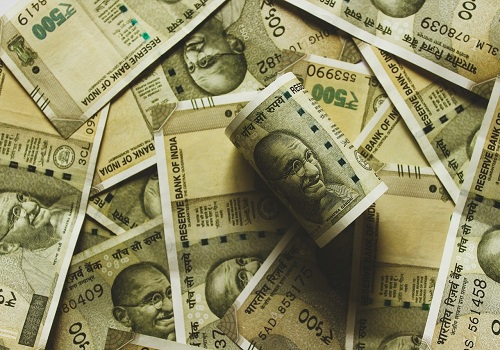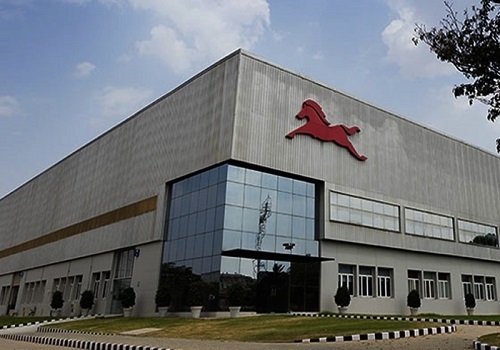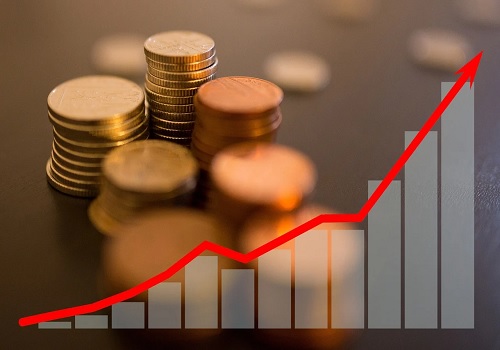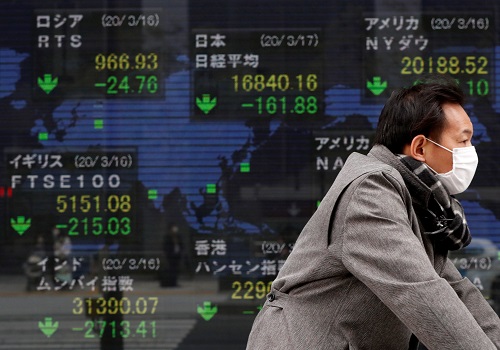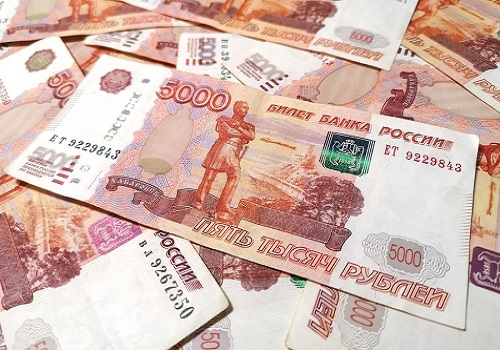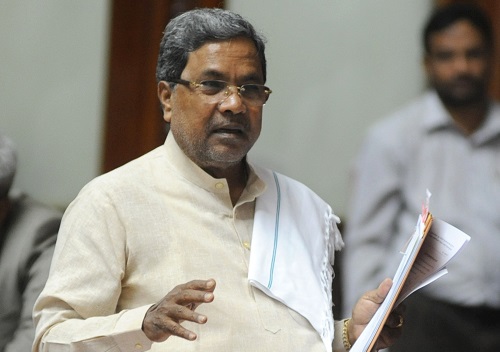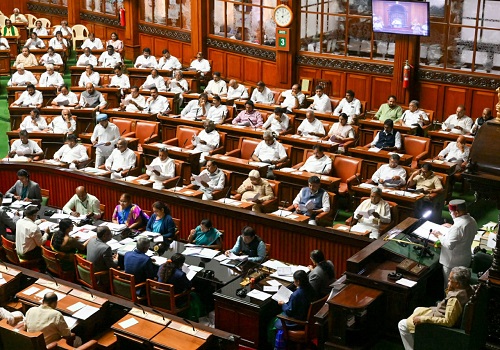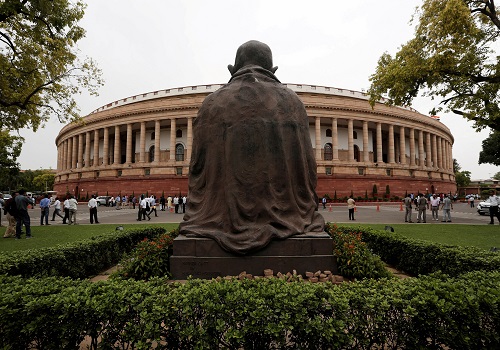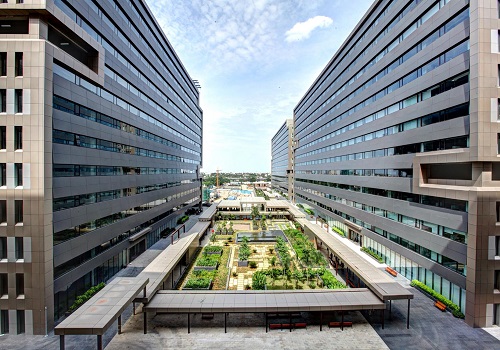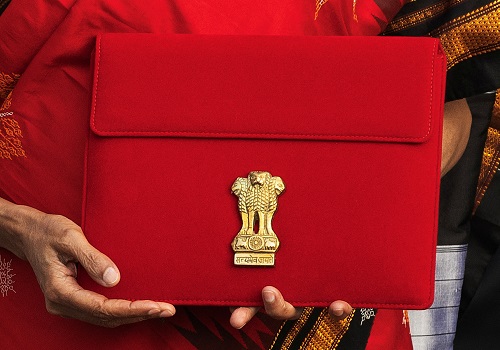India ramps up spending, cuts deficit in $550 billion budget ahead of 2024 vote

Follow us Now on Telegram ! Get daily 10 - 12 important updates on Business, Finance and Investment. Join our Telegram Channel
NEW DELHI - India's government on Wednesday unveiled one of its biggest jumps in capital spending in the past decade in its budget for the coming year and said the fiscal deficit would fall, as it tries to create jobs while maintaining financial discipline.
Prime Minister Narendra Modi's party, which faces elections in key states this year and a national vote in 2024, has been under pressure to create jobs in the country of 1.4 billion where many have struggled to get employment despite it remaining one of the world's fastest-growing major economies.
"After a subdued period of the pandemic, private investments are growing again," Finance Minister Nirmala Sitharaman said as she presented the 2023/24 budget in parliament, with total spending rising 7.5% to 45.03 trillion rupees ($549.51 billion).
"The budget makes the need once again to ramp up the virtuous cycle of investment and job creation. Capital investment is being increased steeply for the third year in a row by 33% to 10 trillion rupees."
The capital spending increase to about $122.3 billion, which would amount to 3.3% of gross domestic product (GDP), in the next fiscal year starting on April 1 will be the biggest such jump after an increase of more than 37% between 2020/21 and 2021/22.
Graphic: India to ramp up capital spending- https://www.reuters.com/graphics/INDIA-BUDGET/byvrlklygve/chart.png
"In the backdrop of an anticipated slowdown in global growth, reliance on public capex as a countercyclical policy will help in supporting overall growth," said Vivek Kumar, an economist at QuantEco Research in Mumbai.
The finance ministry's annual Economic Survey, released on Tuesday, forecast the economy could grow 6% to 6.8% next fiscal year, down from 7% projected for the current year, while warning about the impact of cooling global demand on exports.
Graphic: India real GDP growth forecast- https://www.reuters.com/graphics/INDIA-ECONOMY/GDP/akpeqmzznpr/india-real-gdp-growth.jpg
Sitharaman said that despite a global slowdown because of the COVID-19 pandemic and the Russia-Ukraine war, the Indian economy was "on the right track".
Graphic: Where the money will go?- https://www.reuters.com/graphics/INDIA-BUDGET/mopaklkedpa/chart_eikon.jpg
Sitharaman said the government would target a budget deficit of 5.9% of GDP for 2023/24, down from 6.4% for the current year. A Reuters poll had pegged the deficit for the next fiscal year at 6%.
The deficit plan will be aided by a 28% cut in subsidies on food, fertiliser and petroleum for the next fiscal year at 3.75 trillion rupees. The government cut the spending on a key rural jobs guarantee programme to 600 billion rupees - the smallest in more than five years - from 894 billion rupees for this fiscal year.
Graphic: India's MNREGA budget- https://www.reuters.com/graphics/INDIA-BUDGET/byprlklwgpe/chart.png
Graphic: India budget cuts expenditure on major subsidies- https://www.reuters.com/graphics/INDIA-BUDGET/klvygdgxgvg/chart.png
Moody's Investors Service said the narrower fiscal deficit projection pointed to the government's commitment to longer-term fiscal sustainability.
"Although the gradual fiscal consolidation trend remains intact and will help to stabilise the government's debt burden relative to nominal GDP, the high debt burden and weak debt affordability remain key constraints that offset India's fundamental strengths, including its high growth potential and deep domestic capital markets," said Christian de Guzman, its senior vice president.
The government's gross market borrowing is estimated at 15.43 trillion rupees ($189 billion) for the next fiscal year, while net borrowing is seen at 11.8 trillion rupees.
Graphic: India's gross market borrowings India's gross market borrowings- https://www.reuters.com/graphics/INDIA-BUDGET/zjpqjwjgnvx/chart.png
Since taking office in 2014, Modi has ramped up capital spending including on roads and energy, while wooing investors through lower tax rates and labour reforms, and offering subsidies to poor households to clinch their political support.
After Sitharaman revealed the capital spending jump, ruling-party lawmakers thumped their desks as the camera moved to Modi.
A lack of enough and well-paying jobs for young people has been one of the biggest criticisms of Modi, who is still widely projected to win the general election.
Indian shares rose after the government raised the minimum tax rebate limit to 700,000 rupees from 500,000 rupees earlier and stepped up spending. Bond yields moved lower after it lifted gross borrowing.
The surcharge on annual income above 50 million rupees has been cut to 25% from 37%.
Sitharaman said the aim was to have strong public finances and a robust financial sector for the benefit of all sections of the country. She also allocated 350 billion rupees for energy transition, as Modi focuses on green hydrogen and other cleaner fuels to meet the country's climate goals.












 320-x-100_uti_gold.jpg" alt="Advertisement">
320-x-100_uti_gold.jpg" alt="Advertisement">

